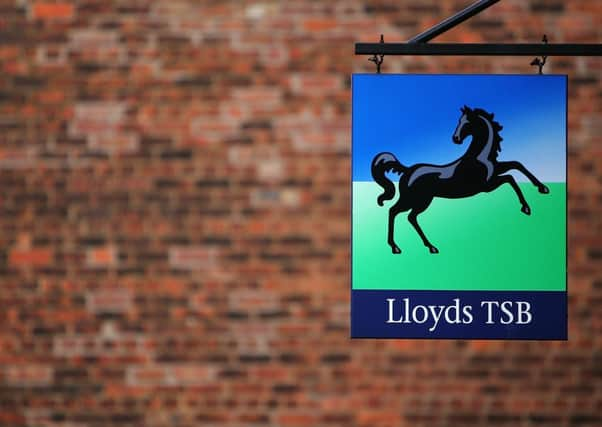Failures by Co-op and its auditors hit Verde - MPs


The all-party Treasury committee’s report, published today, said the £1.5 billion black hole in the lender’s balance sheet that torpedoed the so-called Project Verde deal should have been discovered earlier by long-standing auditor KPMG and the former Financial Services Authority.
When that deal fell through, Lloyds – forced to divest the branches by the European Union in return for its taxpayer bailout in the financial crisis – resorted to floating the business on the stock market under the demerged TSB brand.
Advertisement
Hide AdAdvertisement
Hide AdAndrew Tyrie, chairman of the Treasury committee, said in today’s report that Verde was an opportunity to set up a significant new challenger in the UK high street banking market.
But he added: “The opportunity was scuppered by the discovery, at an advanced stage in the process, of Co-op Bank’s capital shortfall by the bank, KPMG and the regulator. Lloyds has subsequently resorted to its fallback plan of a an initial public offering.
“The resulting new institution [TSB] will have a smaller market share than may be needed to make a success of a challenger bank. If this turned out to be the case, it would be a setback for competition in the UK banking sector.”
The Independent Commission on Banking had said the entity resulting from Verde should have a market share of at least 6 per cent to pose a solid challenge to Britain’s big four clearers. TSB has just 4.2 per cent.
MPs also criticised the Co-op’s convoluted board structure, with directors lacking in financial management skills, for the collapse of the transaction, claiming it was “an accident waiting to happen and badly let down Co-op members and customers”.
The report calls on the independent review commissioned last year by the Treasury into the downfall of the Co-op to examine whether KPMG could have done more earlier to identify the mutual’s financial weakness, and therefore unsuitability to vastly increase in size with the acquisition of the Lloyds assets.
KPMG is also being investigated by the Financial Reporting Council (FRC), the accountancy regulatory body, over its auditing of Co-op Bank.
The FRC inquiry will turn a spotlight on the Co-op’s ill-starred acquisition of the Britannia building society in 2009, which brought a swathe of commercial bad debts on to the mutual’s balance sheet.
Advertisement
Hide AdAdvertisement
Hide Ad“The due diligence performed [on the Britannia loan book] has proved to be totally inadequate,” the Treasury committee report stated. It claimed KPMG’s initial diligence was based on “incomplete information”, and called for the independent inquiry to “look closely at the shortcomings of the bank’s auditor, and its apparent failure to ascertain the extent of the impairments”.
The MPs said the independent inquiry also needed to look at whether the FSA “could or should have developed better supervisory tools earlier” that could have uncovered Co-op Bank’s balance sheet problems with less fallout.
The report dismisses claims by Lord Levene, the chairman of rival Project Verde bidder, City-backed NBNK Investments, that political pressure was put on Lloyds to go with the Co-op offer.
It said a whole raft of witnesses, from top Lloyds directors to the agency monitoring the taxpayers’ stake in Lloyds, had denied to the Treasury committee there was any improper pressure to sway the decision.
“The decision by Lloyds to select Co-op’s bid over NBNK’s is explicable on straightforward commercial grounds,” Tyrie said.